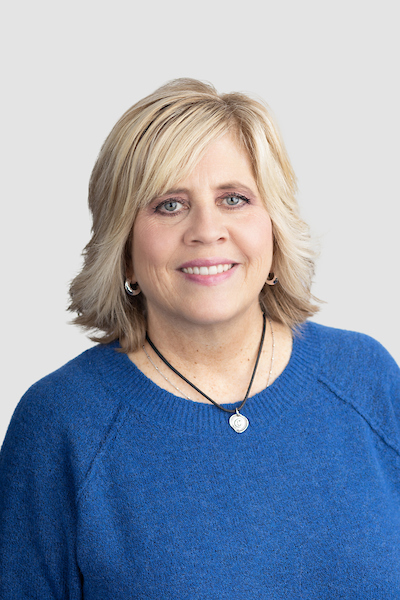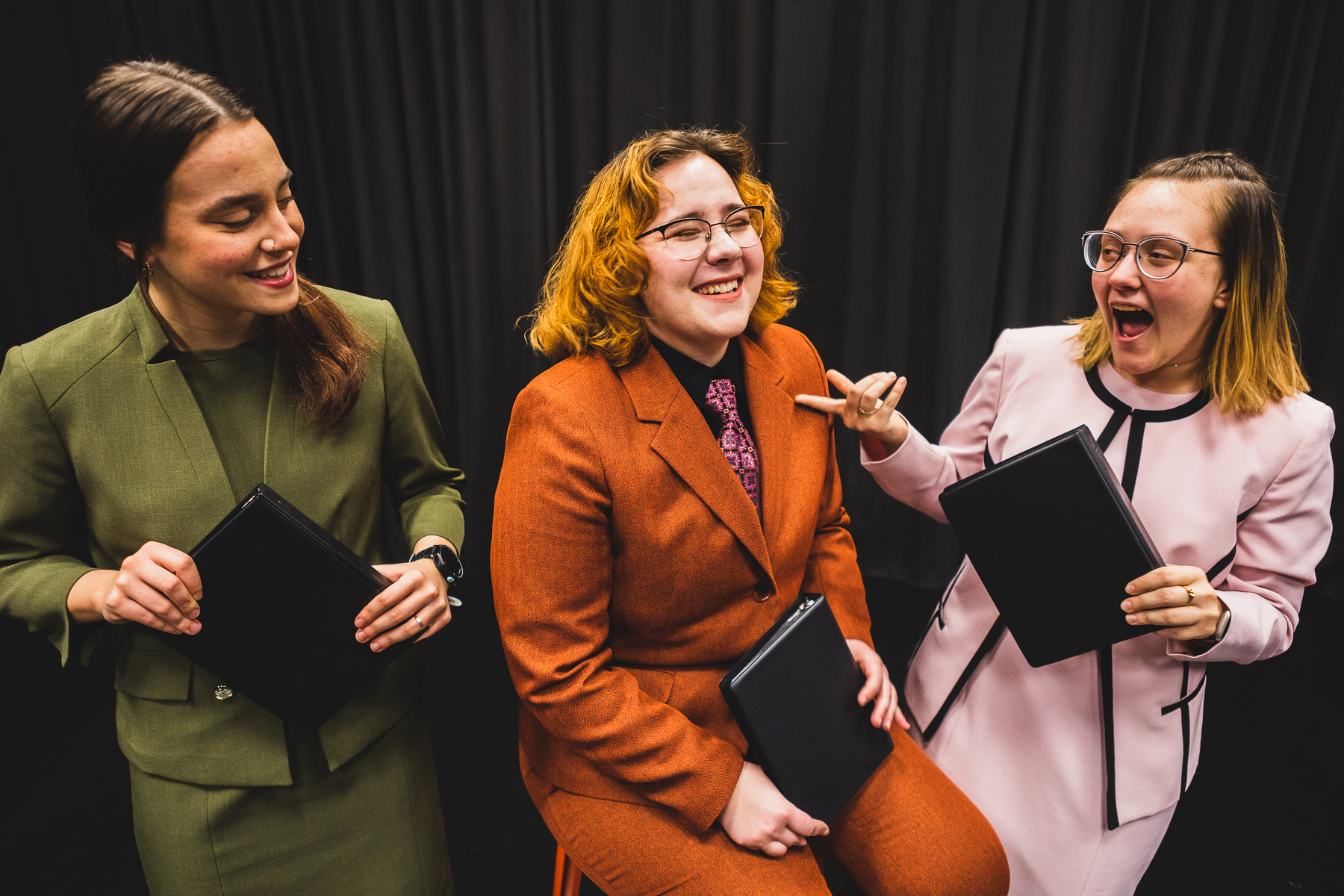
Initial Certification at the Advanced Level
Start Your Teacher Certification in Nebraska Today
Fast Track Program
College of Education
Lincoln, Bellevue
The Initial Program at the Advanced Level for Certification prepares candidates to teach in elementary grades (K-6), in secondary grades (7-12 in an area in which Doane endorses individuals) and in special education grades (K-12). Secondary endorsement areas include the sciences, mathematics, social sciences, English, language arts, foreign languages, and art (K-12).
Through a series of coursework, practicum, and internship experiences, Nebraska teacher certification candidates may complete the program in four or five terms (Summer I, Fall, Spring, Summer II and Fall II for elementary and special education students ONLY).
Thirty-seven credit hours of graduate coursework for secondary certification, 58 credit hours of graduate coursework for elementary and 72 credit hours of graduate coursework for special education are required for Initial Certification. Additional coursework may be required in the content area for 7-12 certification. Students begin the program in the summer term only. Upon completion of the coursework, students may apply for licensure in the state of Nebraska.
Content Testing:
Effective September 1, 2015, candidates applying for any initial endorsement(s) to be placed on a Nebraska certificate must provide evidence they have passed the required Praxis II content test for the endorsement. Students can check the ETS website (ets.org) for the particular test required for each content area endorsement and the qualifying score.
Visit the College of Education Graduate website
Campus and online course availability varies by program. Please contact the enrollment team for more information.

Courses
Faculty & Staff


Students studying education will learn a wide range of teaching methodologies, learning theories and educational perspectives. They will be challenged to explore that learning in a variety of educational environments. This diverse curriculum equips future educators with the tools to address the needs of all learners.
Our education program emphasizes the interdependence of educational theory and practice with other disciplines, integrating knowledge and concepts from various fields. By fostering collaboration across programs, we prepare our students to create well-rounded, inclusive educational experiences that reflect the diverse knowledge and skills that empower them to create impactful learning environments.
Students in the education program gain practical skills and knowledge they can directly apply to solve real-world educational challenges. Through hands-on experiences, such as field placements and community engagement, students learn to address the complexities of education and implement innovative solutions that foster inclusive, supportive and transformative classroom environments.
Students studying education will learn a wide range of teaching methodologies, learning theories and educational perspectives. They will be challenged to explore that learning in a variety of educational environments. This diverse curriculum equips future educators with the tools to address the needs of all learners.
Our education program emphasizes the interdependence of educational theory and practice with other disciplines, integrating knowledge and concepts from various fields. By fostering collaboration across programs, we prepare our students to create well-rounded, inclusive educational experiences that reflect the diverse knowledge and skills that empower them to create impactful learning environments.
Students in the education program gain practical skills and knowledge they can directly apply to solve real-world educational challenges. Through hands-on experiences, such as field placements and community engagement, students learn to address the complexities of education and implement innovative solutions that foster inclusive, supportive and transformative classroom environments.
